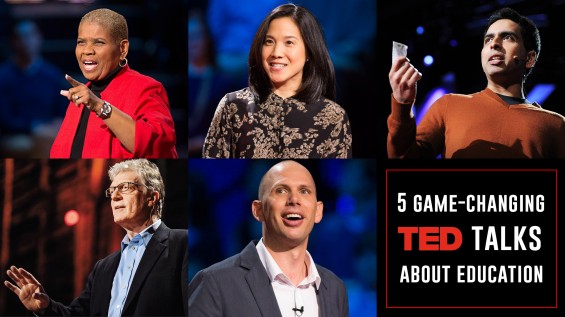
How to get kids to love science
Maybe your kids already love science. If so, great! If not, these creative strategies can help. Ready to spark a love of science in the students near you? Here are five ways to get started. Encourage students to pick one action from the list below and try it out.
1. Upgrade the science fair project. Before you create that foaming tabletop volcano, check out these curiosity-powered experiments from Make, the Exploratorium, and mad scientist Grant Thompson. Which one will you try next? Science fair optional.
2. Join the citizen science brigade. ”Citizen scientists” are volunteers who help to collect and analyze research data in fields ranging from archaeology to zoology. Explore citizen science project options here, here, and here.
3. Invent a solution to a real-world problem. In Kenya, student Richard Turere invented a solar-powered way to prevent lion attacks. In Malawi, a young William Kamkwamba harnessed the wind to power his family’s home. In Hong Kong, students in Cesar Harada‘s class work together to address environmental threats to the ocean. Now it’s your turn. What problem do you care about enough to solve — and how will you do it? To filter options quickly, try the Google Science Fair’s Make Better Generator.
4. Research quirky, open-ended questions. Science is the story of humans asking ”why?” “how?” and “what if?” about what they observe. What questions will you ask of the world? To get inspired, check out these questions no one knows the answer to (yet).
5. Explore science fiction. Futurists believe that science fiction can predict the future — or at least provide us with a way to imagine and prototype the future. Do you agree? Before you decide, read one of the short sci-fi excerpts shared here, or watch a video from the Superhero Science series.
To learn something new every week, sign up here for the TED-Ed Newsletter.




All kids are natural scientists till they get it nocked out of them the key is to embrase the wonder and understand that why is not an anoying question and the reply i dont know is ok if followed by lets see if we can find out
I my self love science and see it as mainly a delight in working out what things are and why they are and that has never left me due to a dad that kind of understood and one teacher that inspired me more than any one will ever know ok iv never discoverd anything new to thevworld but i find things new to me each day and i hope others will do the same
Great ideas but very unfortunate title – I think it is a mistake many educators make: it is not about ‘getting children to do X’ – it is about creating opportunities that MAY lead to a child doing or loving X or y. You can’t actually MAKE a child or anyone love something – they either do or they don’t! but you can create opportunities that MIGHT make something fun or exciting rather than dull or boring X not everyone HAS TO love science – it’s a diverse world!
The subject of theoretical macroeconomics contains some simple mathematics and less obvious logic too. The children’s interest can be created when the mechanical model that I have developed is used as an introduction.
Please find it in paper SSRN 2600103 on the internet and also a diagram of the model in Wikimedia, commons, macroeconomics, DiagFuncMacroSyst.pdf if the first reference fails.